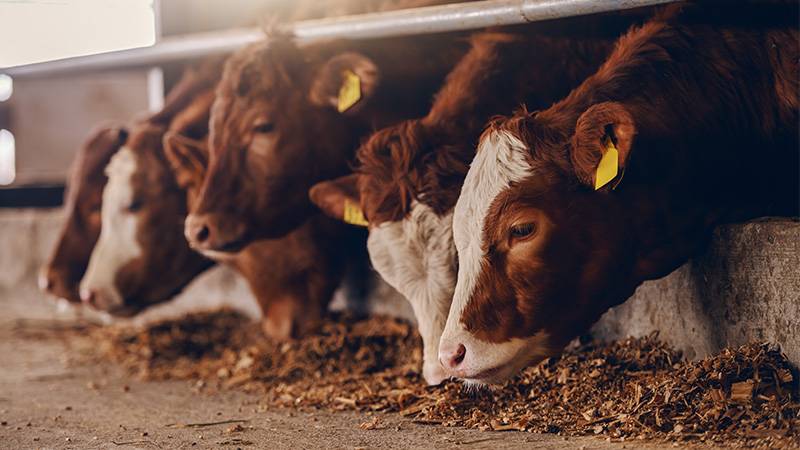In a groundbreaking environmental achievement, a Queensland soil project at Bonnie Doone Beef has been awarded a record 94,666 Australia Carbon Credit Units (ACCUs), highlighting the transformative role agriculture can play in climate change mitigation. This award is particularly significant as it underscores the potential of individual soil carbon farming projects in fostering sustainability and combating climate change.
Carly and Grant Burnham, the proprietors of Bonnie Doone Beef located 500 kilometers north of Brisbane, have spent nearly a decade refining their farming practices to enhance soil quality and sustainability. Despite confronting challenges such as dry spells, bushfires, and diseases impacting their pasture, the Burnhams’ commitment to carbon sequestration has yielded remarkable results, generating ACCUs worth approximately $2.8 million. This achievement is pivotal at a time when the meat industry is recalibrating its carbon objectives, and it illuminates how agriculture can be integral to climate solutions.
The Burnhams’ journey began with a vision to create a resilient operation, focusing on understanding the intricate relationship between soil and the grasses it supports. This led to their involvement in a comprehensive research project, spanning five years, to measure the carbon content in their soil across 5,275 hectares. Despite initial concerns over the impact of unfavorable conditions on soil carbon sequestration, their innovative approach to land management, including reducing paddock sizes and optimizing cattle movement, proved successful, storing 126,222 tonnes of carbon during the reporting period.
This innovative project has not only balanced out emissions but has also made the cattle carbon negative, according to carbon accounting measures, with every tonne of livestock resulting in the burial of 6.6 tonnes of carbon in the soil after accounting for all emissions. This accomplishment has been audited and recognized as the largest allocation of ACCUs for an individual soil carbon farming project in Australia.
At a time when the meat industry is reassessing its carbon goals, the couple hopes the 94,666 units, worth about $2.8 million, will help consumers understand how agriculture can be a part of the climate solution.
The Burnhams collaborated with CarbonLink for this initiative, a company responsible for developing over 95% of the soil carbon credits issued in Australia. Strict controls were implemented to accurately measure increases in soil carbon to generate the ACCUs. Chairman Terry McCosker emphasized that committed landowners can generate diversified income streams and contribute to planetary health through tangible improvements in soil health.
According to ABC News Australia, this project is a beacon of hope in the quest for carbon neutrality in the meat industry by 2030, especially considering the 65% emissions reduction in the red meat industry since 2005. The Clean Energy Regulator has confirmed that the Bonnie Doon allocation is the single largest issuance to a soil carbon project, with seven such projects currently listed on the public register.
For the Burnhams, the endeavor was less about financial gain and more about demonstrating the transformative power of farming in environmental conservation. They view their role as food producers and land custodians as a privileged opportunity to connect with consumers and make a meaningful difference to the environment. The consumer choices made at stores or online are not just purchasing decisions but are contributions to environmental preservation, reinforcing the symbiotic relationship between agriculture and climate solutions.
More inspiring green news similar to this:


